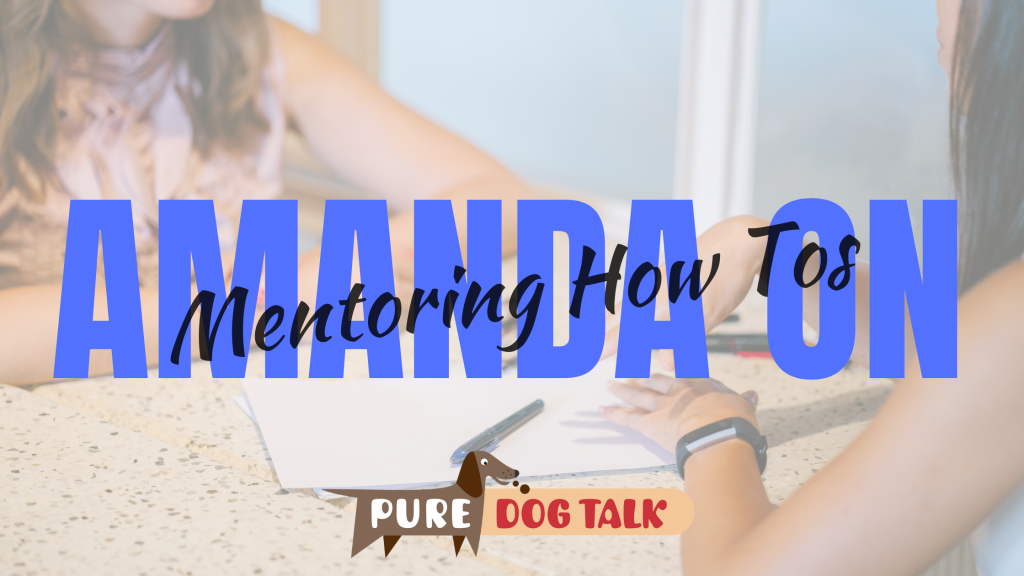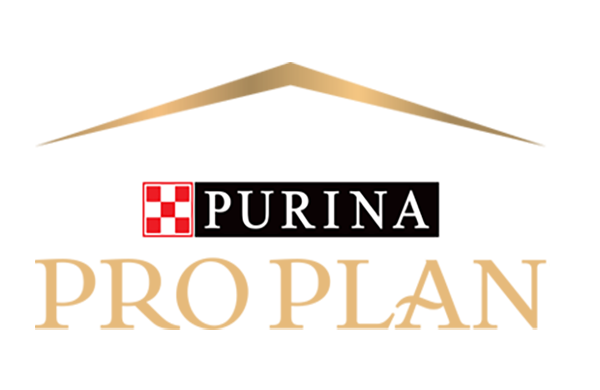446 – Mentoring How Tos: How to Give and How to Receive

Mentoring How Tos: How to Give and How to Receive
Amanda Kelly, Fwaggle Toy Manchester Terriers, is back for Part 2 of Stud Dog Shopping with host Laura Reeves, discussing how to give and receive mentoring.
“Part of a mentorship relationship is being a good student,” Kelly said. “So when you have the opportunity to pick someone’s brain, I think it’s important that you take advantage of that as much as you can. Be smart in trying to gather information from many different sources that you respect. There’s no point to asking someone who breeds dogs that you don’t like what they think.
“Choose carefully what information you’re gathering, but when you do receive it, treat that information with respect. The person has taken the time to share with you their thoughts. A candid evaluation of a dog, particularly one that belongs to someone else, is a very precious thing. It is something that breeders give out, sometimes, with a lot of hesitancy because, if abused, it can lead to difficulties.
“If I don’t trust that I can have a conversation with you where I say ‘you know, I’ve watched this dog in this line for many years. I find that they don’t seem to produce particularly strong rears so I’d be careful about that’ or ‘I’d be worried about XYZ health issue that I know has come up in that line. Make sure that you ask questions about that when you inquire about that stud dog.’ That is sensitive information.
“Each of these people is going to give you a different opinion. They all have different experiences and they all have different approaches. So, your job is to listen to everything that they say and ask intelligent questions and engage in the conversation. Then take from that conversation the pieces that make sense to you.
“We often look at photos and historical information on our breed and individual dogs in our breed anachronistically. We pull out a picture from 1972 of dog XYZ and we say ‘oh he’s too stodgy or he’s not whatever it is we’ve decided that the breed has become, should become or whatever. We don’t consider what else was out there and being shown at the time and why that dog may have been remarkable in the context of the time in which it was being shown.
“So the person you’re talking to, if they saw that dog in person, they also saw all the other dogs that were being shown at the same time. They have information about the wider family because they will have seen brothers and sisters and aunts and uncles and all of those different things that are going to help you contextualize any information that you’re gathering on any dog that’s in your pedigree.”
Hear more insight by listening to the podcast episode today!
KNOWLEDGE IS POWER — FRANCIS BACON
When you become a patron of Pure Dog Talk you’ll tap into an exclusive community of experts to help you and your dog be blue-ribbon best at whatever you do with your purebred dog! Your support helps keep the MP3's rolling at Pure Dog Talk!
As a supporter, you’ll immediately gain access to the weekly Pure Pep Talk SMS, Pure Pep Talk private Facebook group, and priority emails. Patrons can choose to level up to the After Dark Zoom and a Patrons Digital Badge for their website— even a private counseling session with Laura on any topic.

DON'T MISS AN EPISODE!!












